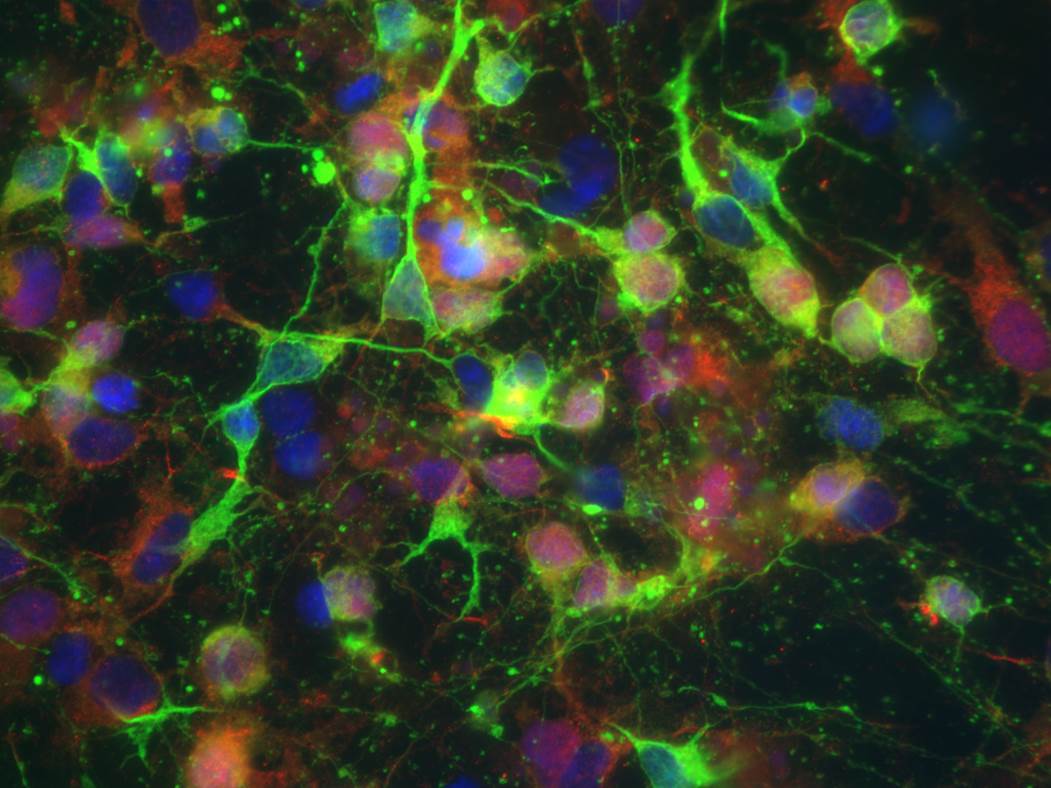Levine Lab
Research Overview
My laboratory studies neuronal and synaptic deficits in autism and related neurodevelopmental disorders. In particular, our work is currently focused on Angelman syndrome and Dup15q syndrome. These studies use inducible pluripotent stem cells (iPSCs) that are derived from human somatic cells and then reprogrammed to pluripotency and differentiated into neurons. We examine the functional and structural properties of these patient-derived neurons using patch clamp recordings, multi-electrode arrays, calcium imaging, immunocytochemistry, and single cell morphological analysis.
Another area of interest focuses on the physiologic roles of endogenous cannabinoids and nerve growth factors in synaptic plasticity and synaptic modulation in the hippocampus and cortex. These systems are currently major targets for developing novel therapeutics for neurologic and neurodegenerative diseases.
We are part of the Department of Neuroscience and the Graduate Program in Neuroscience at the University of Connecticut School of Medicine. We are also part of the Connecticut Institute for the Brain and Cognitive Sciences.
Eric S. Levine, Ph.D.
 |
Professor Department of Neuroscience University of Connecticut School of Medicine 263 Farmington Avenue, MC 3401 Farmington, CT 06030 eslevine@uchc.edu |





